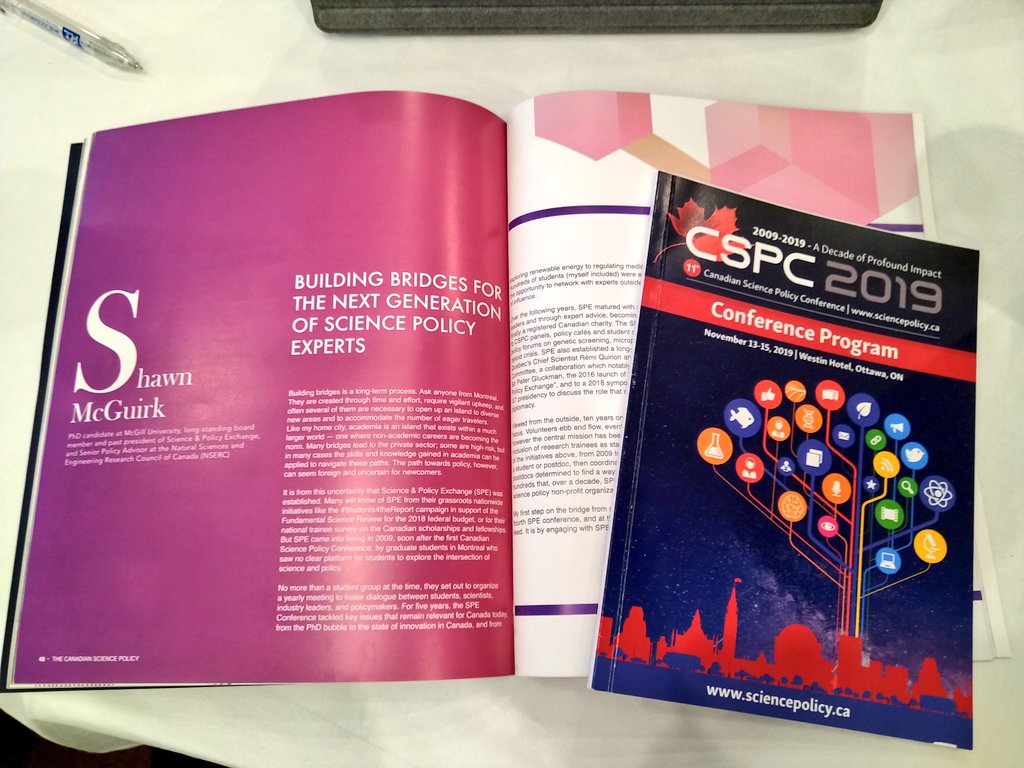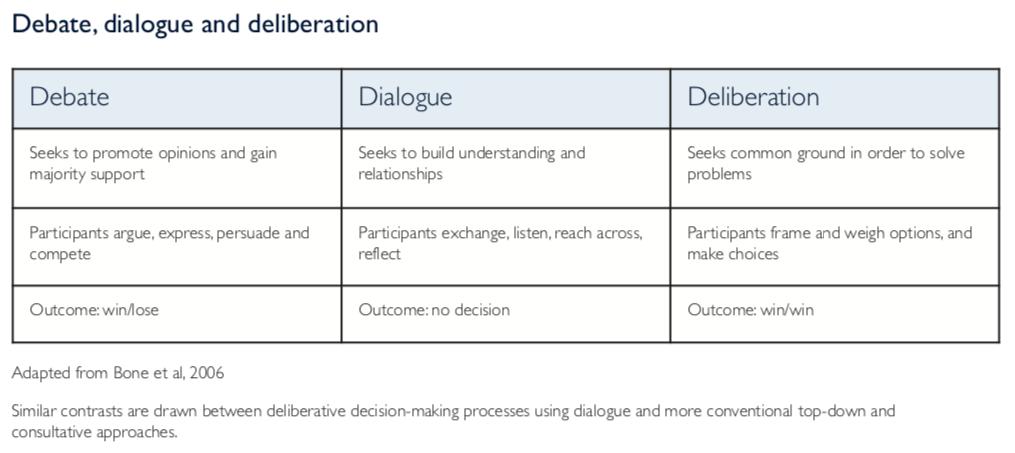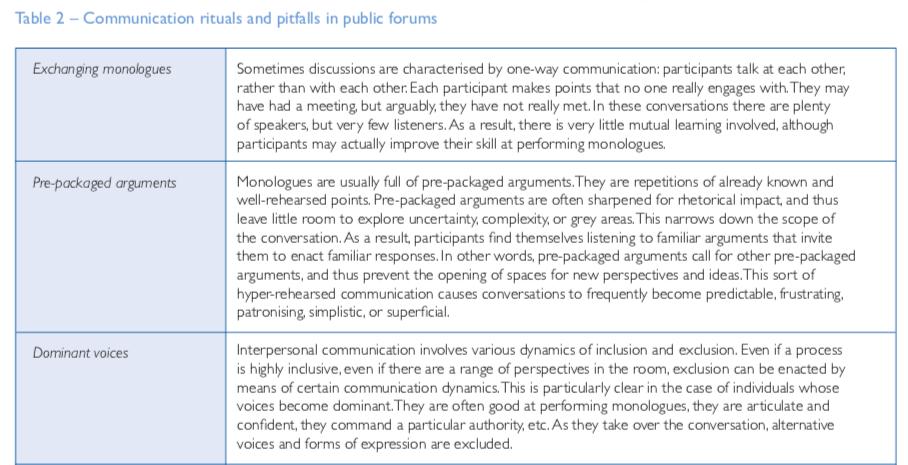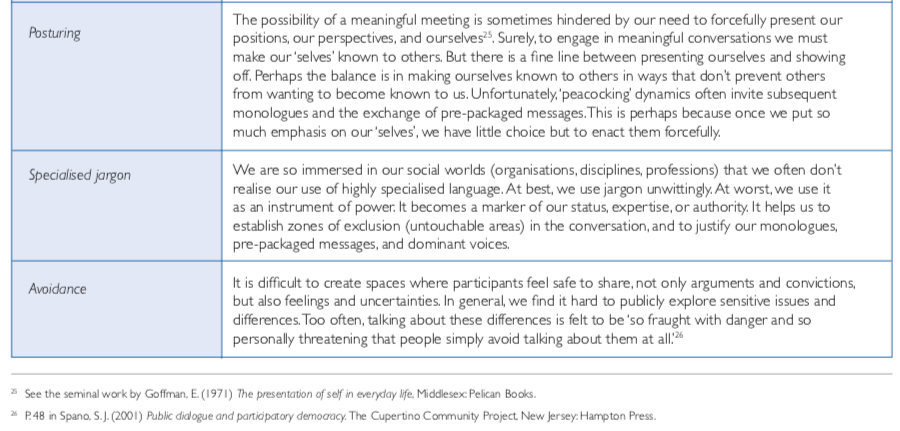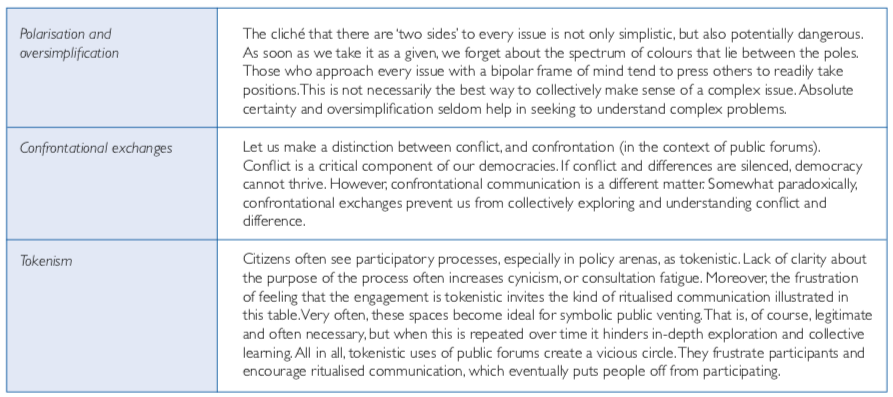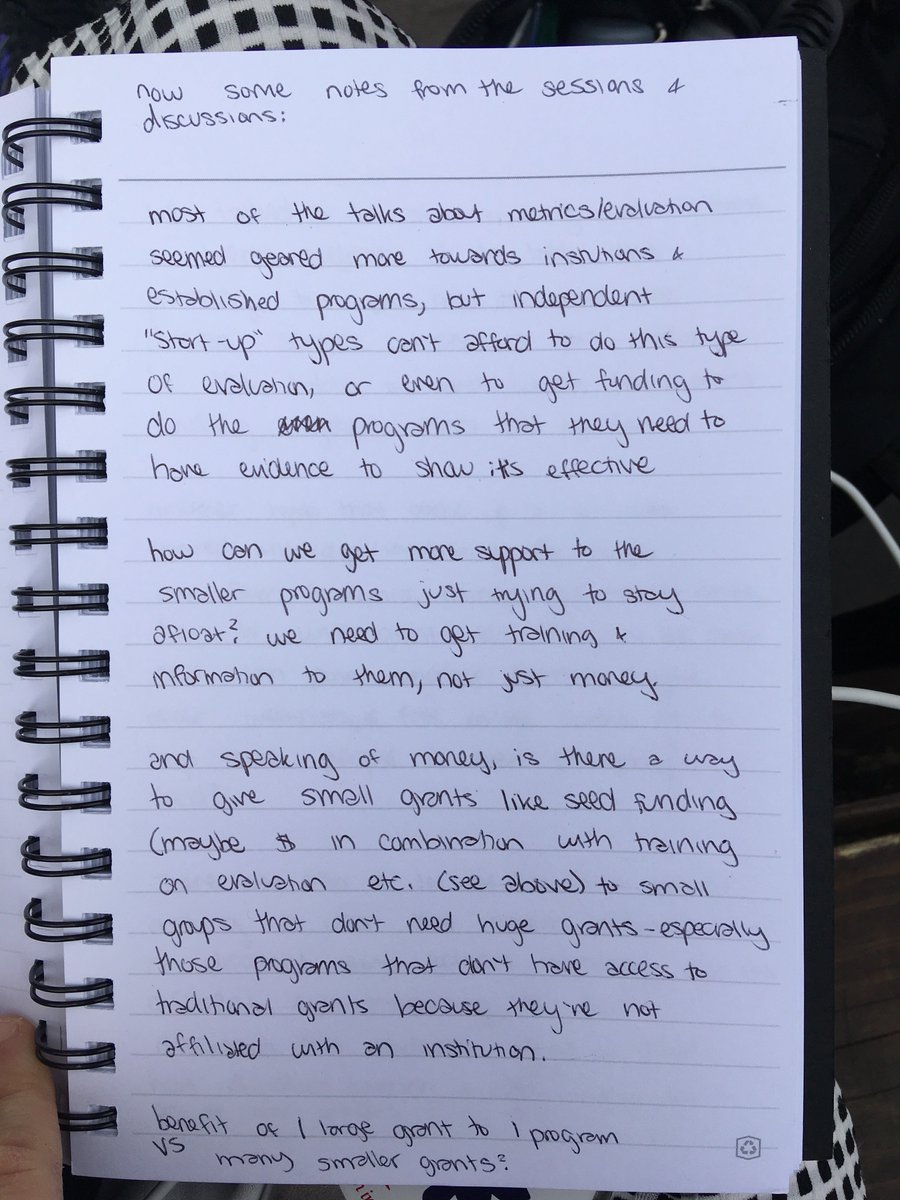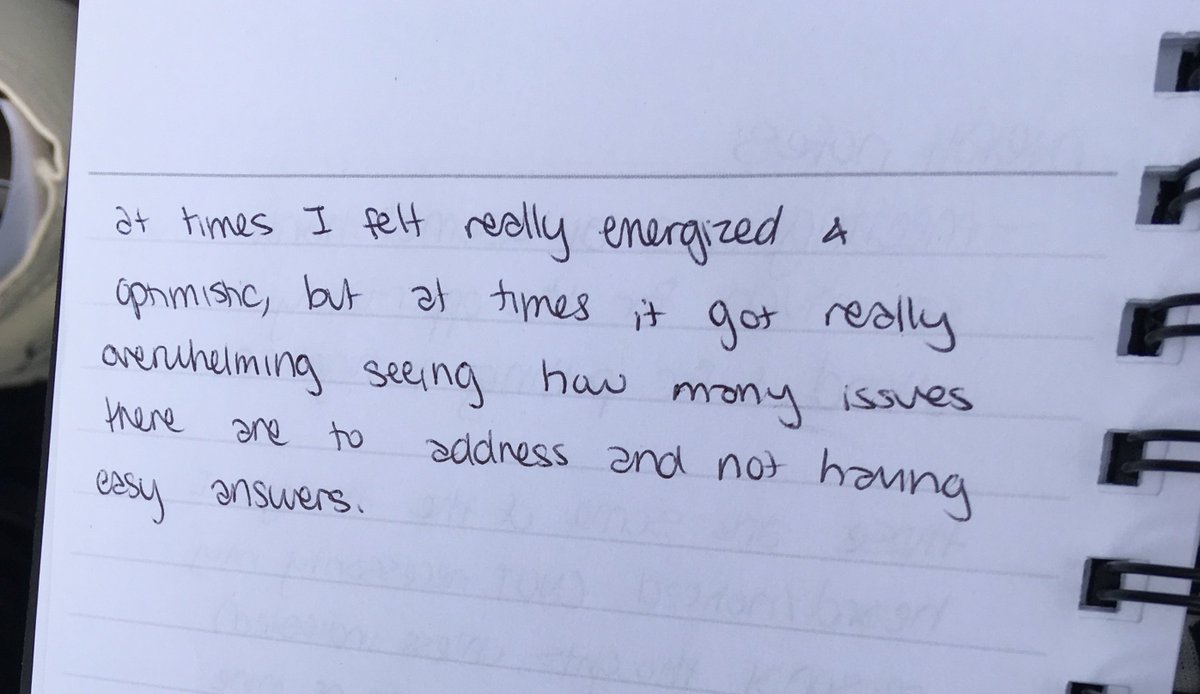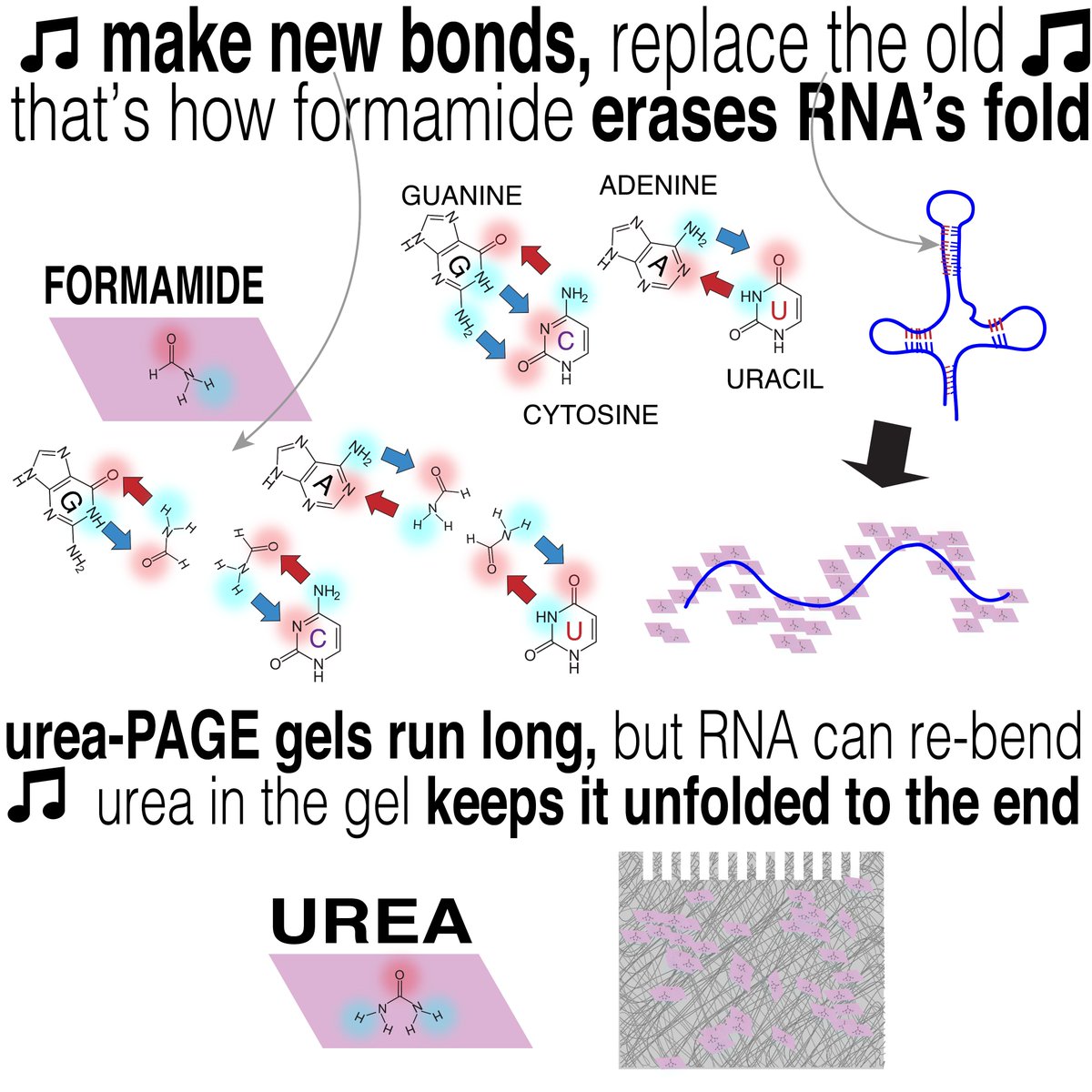sciencemag.org/news/2019/11/h…
However, the latter is what most people will see and what will guide their impressions. It matters.
Apparently, it's this: "What they are offering to explain is the emergence of democratic institutions, of individualism in the West.”
When/where did democracy happen?
When/where did *individualism* happen?
What are the links?
What other conditions, causes, factors might be relevant?
How, most importantly, does this improve on our current accounts of these things?
We don't know what evidence is offered of the effects, much less of the cause.
A word on sources would be nice.
Why assume this is the only factor shaping individuality? Or even marriage choice?
Going with my gut, I'm going to guess the answer to my questions about interpretation is going to be a sea of d-
Huh. Wonder why historians never did that.
Now perhaps this is an artefact of the reporting...
We assign a lower kinship intensity score to groups that avoid cousin marriage. But the claim that less cousin marriage means less intense kinship ties was one of the conclusions, no?
Again, *huh*. We're hanging the historical origins of Western Civilization on this?
Still no word on any other factors that might conceivably explain these effects.
Well, "lining up" is as good as causing, no? Why split hairs?
Is this historical explanation, or logic chopping?
Now, perhaps reducing everything to one cause seems tidier. It isn't.
They hang around, so many reminders that if your aim was explaining the *past*, rather than modelling the nth version of the present, you failed.
So did magic, once upon a time.


